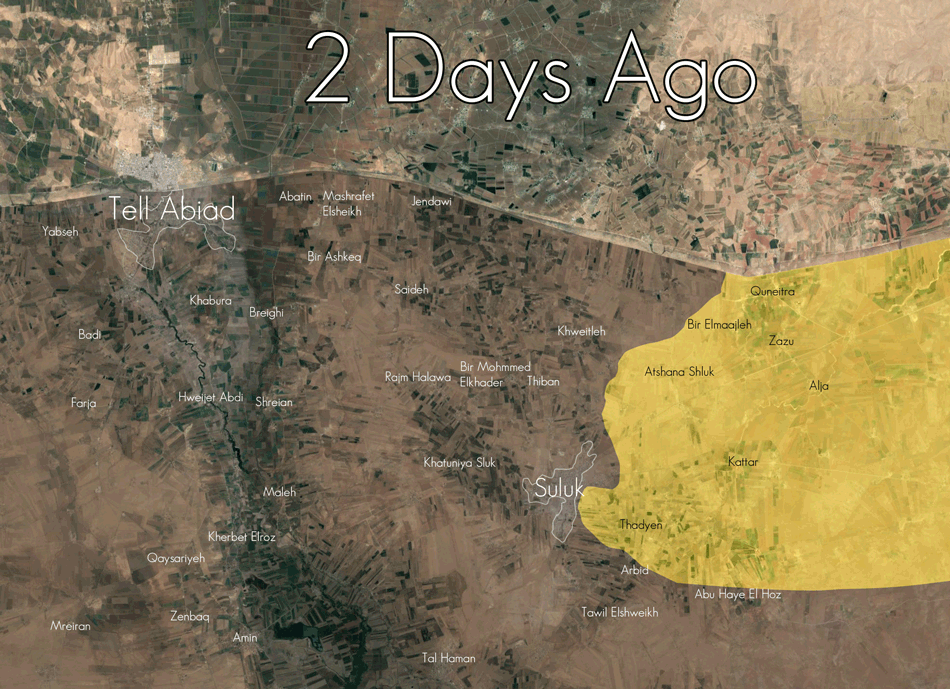A spectre emerges on the borders of Western civilisation, it gnaws at the gates, cackles on the horizon, howls from the bushes near the outdoor toilet. That spectre is crap writing about the Islamic State.
Edward Said famously said that one does not need to know anything about the Orient to be an expert, over the past year, a range of writers have set about proving his point in earnest. Case in point:
http://www.slate.com/articles/techn...dievalists_reject_technology_modernity.2.html
The article, originally written with a global, rather than IS, focus (full text found here, with the Easter egg of a Tolkein reference in the end
http://www.slate.com/articles/techn...dievalists_reject_technology_modernity.2.html) appears to have been shoddily recrafted to fit the ongoing theme. The Islamic State is a hot topic, gore sells.
An editor takes an IR essay peg, written by a professor of engineering and smashes it into an Islamic State shaped hole.
The result is not atypical of the broader trend of articles about the Islamic State. Despite forming the topic of the piece, the author does not actually deal with IS in any substantial way. Dawlatul Islam does not exist in any form other than as an assertion to be rebuffed with ‘the West is right and has always been right’. Modernity too, while mentioned, remains a shaky concept in the article, presented as opposition to ‘medievalism’ (when did ‘medieval’ become something with a singular ‘ism’?).
There seems a startling lack of content to these pieces, as though a bunch of shadows of Samuel Huntington started churning out op-eds at a rate of knots, but forgot to fill in the important bits.
Yet such pieces are capable of maintaining an audience, because they reflect the trend.IS are written about without being written about, in the same way that, more generally, IS is talked about without being talked about.
Just as a ‘counter terrorism expert’ can get quoted without expertise, an article can get published without a topic.
The Islamic State is the equivalent of an action movie to journalists. Quick, nasty, gory and with popular appeal but ultimately no substance. Yet the reality is that the Islamic State isn’t a fiction, isn’t some analogy to draw or a barbarian at the gates to remind the people in the market beneath the walls how civilised we all are.
And echoes of that mistake reverberate through IS propaganda, in video releases which might as well have been directed by Michael Bay. Aimed at the West, these videos underline the point; fast cut, cgi, slick edited ‘civilisational conflict’.
Like Osama Bin Laden confirming Huntington’s thesis, IS revels in action movie aesthetic and the imagery of sweeping civilisational warfare. Yet beneath that visage is the smug mockery that comes when walking in on people gossiping about you. Like Abu Dawood, ‘trolling the media’ with a tale of Jake Bilardi as a university reject, the navel gazing of bad journalism is an ongoing joke.
If any of these pieces bothered to engage, they would discover as much, but instead they continue on, talking to themselves, a cacophony of idiocy.





